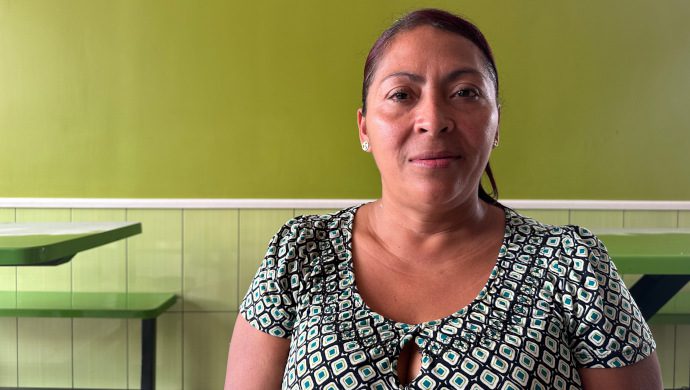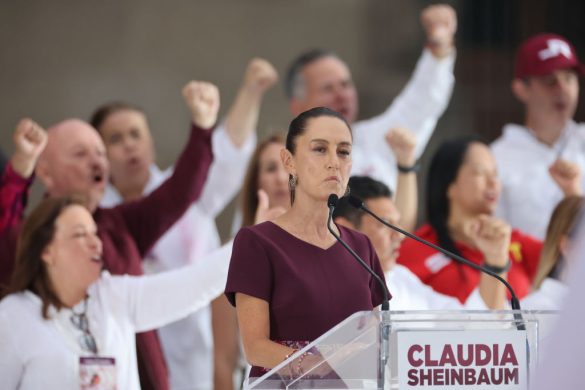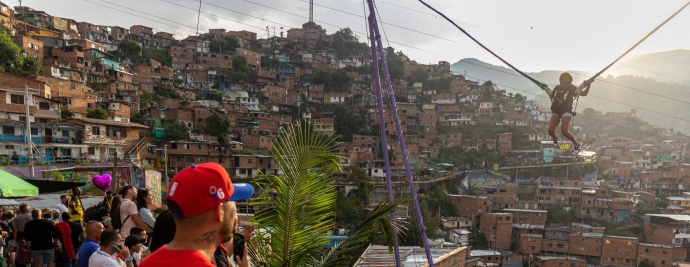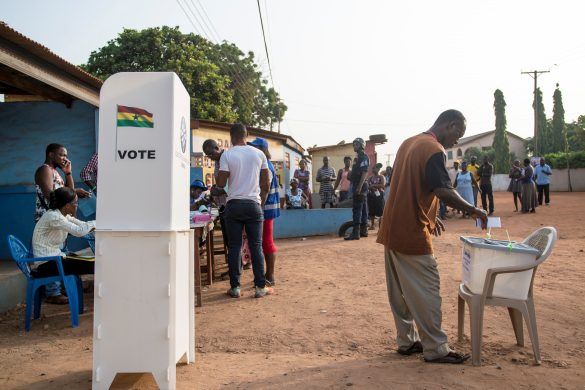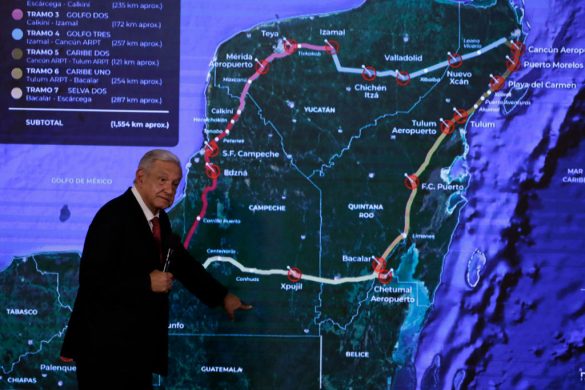By reviewing the cases of 63 individuals prosecuted in connection with the students’ disappearance from Ayotzinapa Teachers’ College in Guerrero, the Office of the UN High Commissioner for Human Rights (OHCHR) shed light on some of the flaws of the early stages of the investigation, rather than addressing who were responsible for the crime.
In the report, titled Double Injustice – Human rights violations in the investigation of the Ayotzinapa case, OHCHR said it has solid grounds to conclude that at least 34 of these individuals were tortured, based on the judicial files, including medical records of multiple physical injuries, and on interviews with authorities, detainees and witnesses.
“The findings of the report point to a pattern of committing, tolerating and covering up torture in the investigation of the Ayotzinapa case,” said UN High Commissioner for Human Rights Zeid Ra’ad Al Hussein.
“This not only violates the rights of the detainees, but also the right to justice and to truth for the victims of the events of September 2014, their families, and for society as a whole,” he added.
The report highlights how people were arbitrarily detained and tortured to extract information or confessions, and the significant delays in bringing them before a public prosecutor, often placing them outside the protection of the law.
The report states that the internal oversight unit of the Office of the Attorney-General of the Republic (OAG) appeared to have made a genuine effort in 2016 to address some of alleged torture or other human rights violations, but this internal investigation was subsequently thwarted by the replacement of the officials in the unit. To date, there has been no prosecution and sanction for the acts of torture or other human rights violations, the report says.
“Ayotzinapa is a test case of the Mexican authorities’ willingness and ability to tackle serious human rights violations,” Mr. Zeid said, urging the Mexican authorities to ensure that the search for truth and justice continues, and those responsible for torture and other human rights violations during the investigation are held accountable.
Click here for the report’s executive summary.




